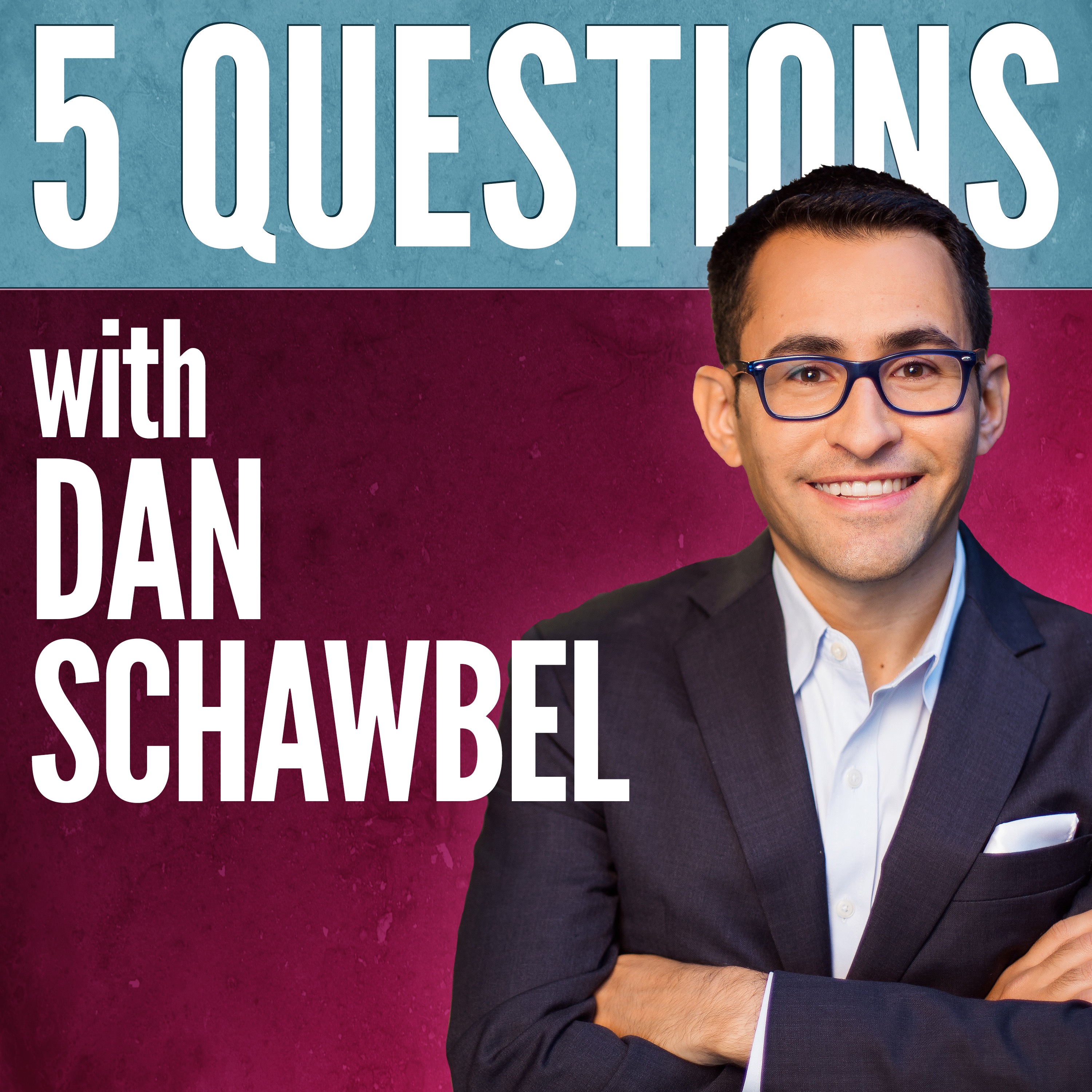 An interview with Andrew Yang about how he created a political movement, how Universal Basic Income can enable people to follow their passion, how to prepare for the future of work, his decision making on the campaign trail, and his best career advice.
An interview with Andrew Yang about how he created a political movement, how Universal Basic Income can enable people to follow their passion, how to prepare for the future of work, his decision making on the campaign trail, and his best career advice.
Welcome to the 85th episode of 5 Questions with Dan Schawbel. As your host, my goal is to curate the best advice from the world’s smartest and most interesting people by asking them just 5 questions.
Podcast: Play in new window | Download (Duration: 9:58 — 10.8MB) | Embed
Subscribe: Apple Podcasts | Spotify | Email | TuneIn | RSS | https://danschawbel.com/subscribe
This episodes guest:
My guest today is former U.S. Presidential candidate, Andrew Yang. Born in Schenectady, New York, Yang was bullied growing up as one of the few Asians in his hometown of Westchester. He was a gifted child skipping a grade, attending the Center for Talented Youth at Johns Hopkins University, and then attended elite boarding school. Yang majored in economics and political science at Brown University and has a law degree from Columbia. His first job was as a corporate attorney, but eventually quit to launch his first startup, Stargiving that eventually failed during the dot-com bubble. From there, he became the CEO of Manhattan Prep, a test prep company, which was acquired in 2009. Yang then started the non-profit fellowship program Venture for America. In 2017, he launched his presidential campaign but later dropped out to endorse Joe Biden. Yang’s new non-profit is called Humanity Forward, which is dedicated to continuing his UBI and data security movements. More recently, he launched his podcast “Yang Speakers” and a few UBI experiments. Since I focus on employment topics and issues, I was excited to hear Yang’s perspectives on the future of work and careers.
The 5 questions I ask in this episode:
- You started off as a political unknown, yet you were able to create and grow a movement with legions of supporters who call themselves “the yang gang”. What do you think were the key elements in your ability to start the movement, rapidly scale it, and sustain it for so long?
- You’re credited with raising awareness for Universal Basic Income (UBI) and are now suggesting that all American’s should receive $2,000 each month during the pandemic. One of the hidden benefits of UBI that isn’t talked about is the leverage it gives citizens to make better career-related decisions. For instance, if you have a toxic manager, you’re more likely to leave that job if you have a UBI safety net. Can you please explain how UBI can be a game-changer for a citizen’s career prospects?
- While many people think that companies are less likely to invest in automation during a crisis, the opposite is true. When revenues decline the cost of labor increases and a study by EY found that over 40% of companies are spending up plans to automate their businesses. You say the economy is going to become more “inhuman”. What can people do right now to prepare for the future of jobs and work?
- You’ve made some difficult decisions during your campaign. How did you evaluate when it was time to keep pushing forward, change paths, or quit while continuing to motivate your supporters? What would you have done differently if you ran again?
- What is your best piece of career advice?
Follow Andrew’s journey:
Leave a Reply